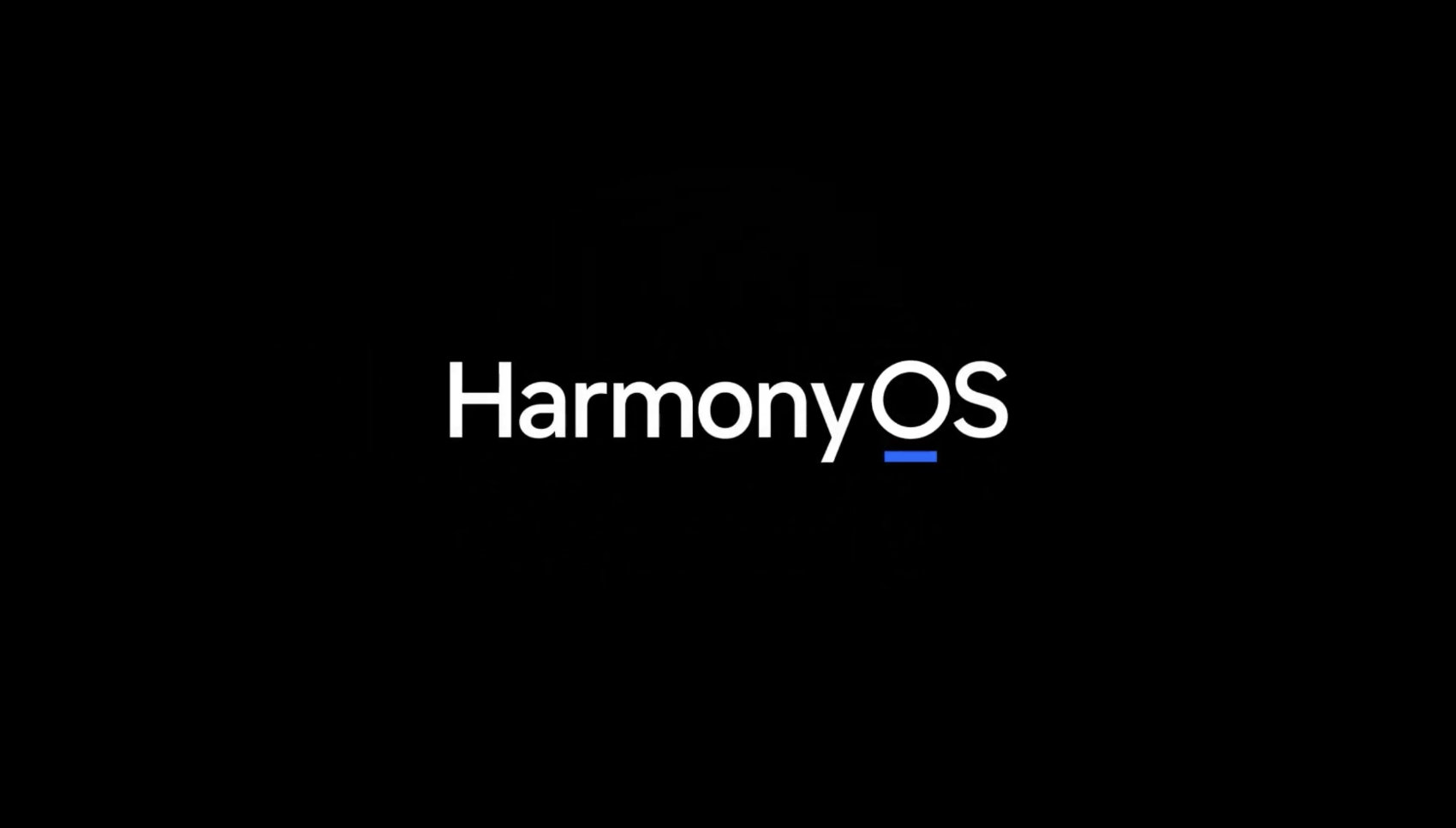Microsoft is rolling out a firmware update for Xbox controllers that improves connectivity.
Xbox controllers are used for a variety of devices, not just the Xbox. The controllers are popular with gamers on Windows 10, iOS and Android. Microsoft’s latest update is designed to improve controller connectivity.
“These controllers now support Bluetooth Low Energy, which delivers better compatibility across devices and allows for better pairing experiences,” the company announced on its blog. “You will be able to play wirelessly on Windows 10 PCs, iOS 15+, and Android devices with Bluetooth Low Energy for remote play from your console or cloud gaming with Xbox Game Pass Ultimate on the go. After installing the firmware update, these controllers will remember one Bluetooth host (e.g., smartphone) and one Xbox Wireless host (e.g., Xbox console), so you can quickly and seamlessly switch between previously connected devices with a simple double tap of the pair button.”
The new firmware is available for Bluetooth-enabled Xbox One controllers, Xbox Elite Wireless Controller Series 2 and Xbox Adaptive Controllers.








